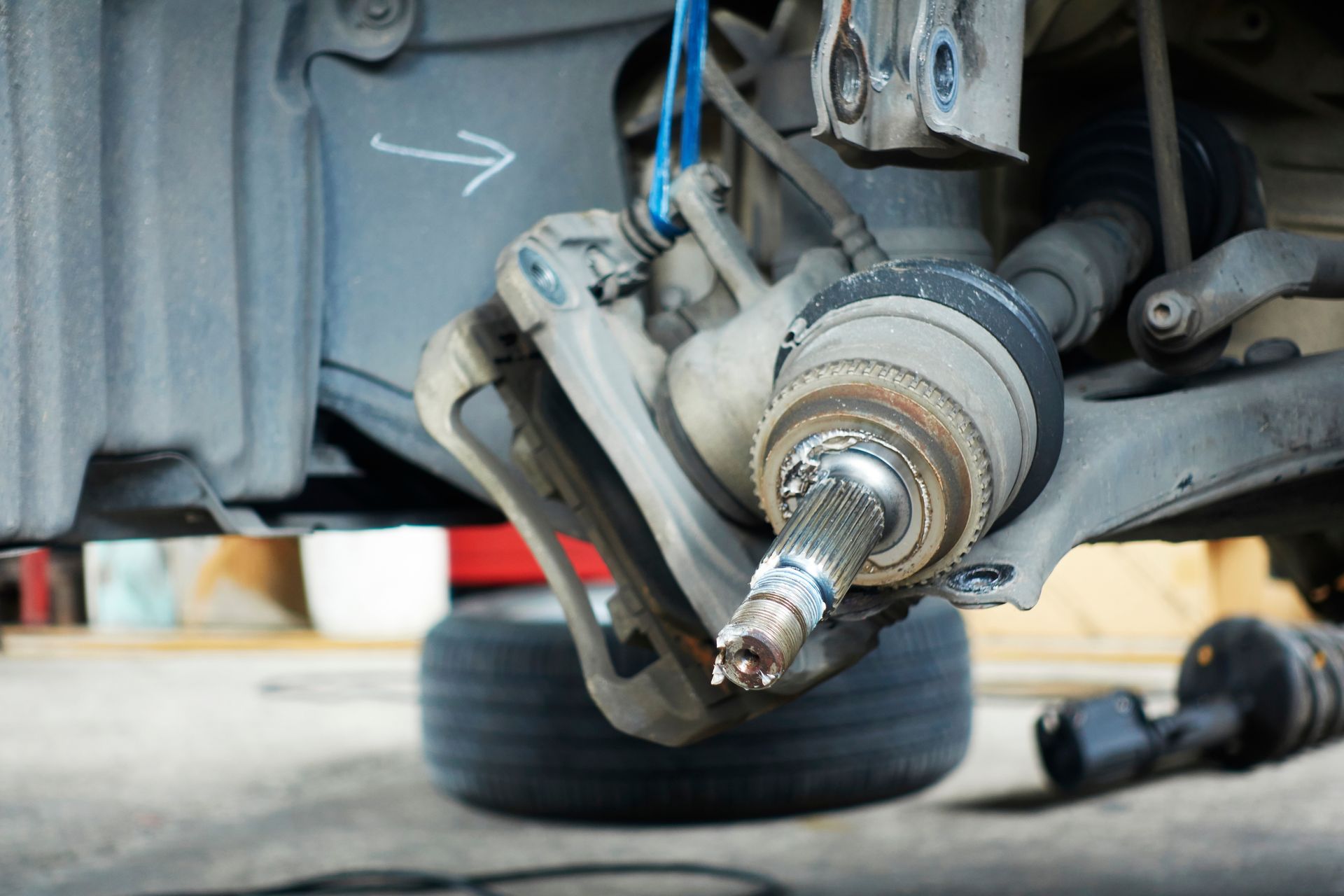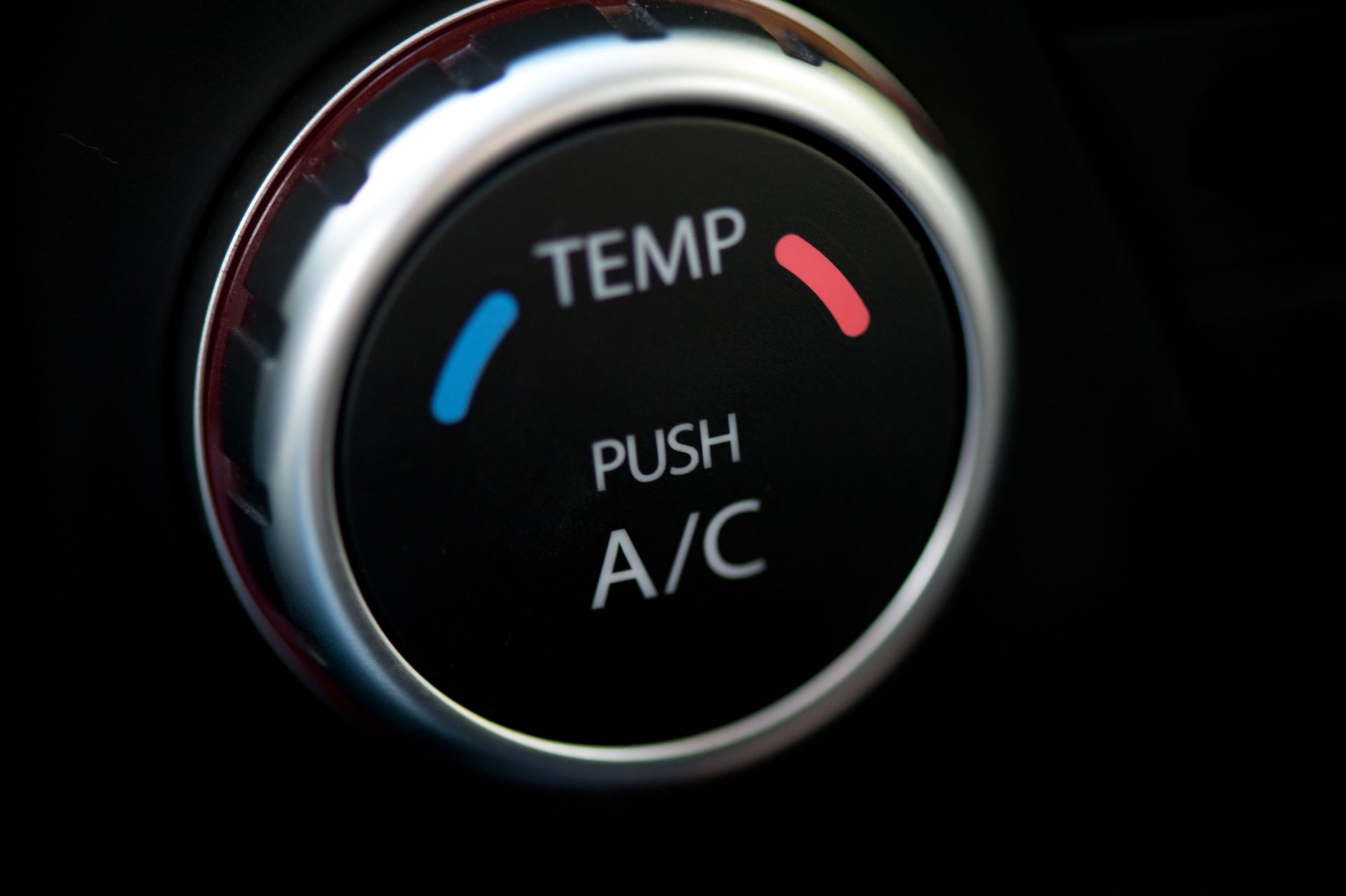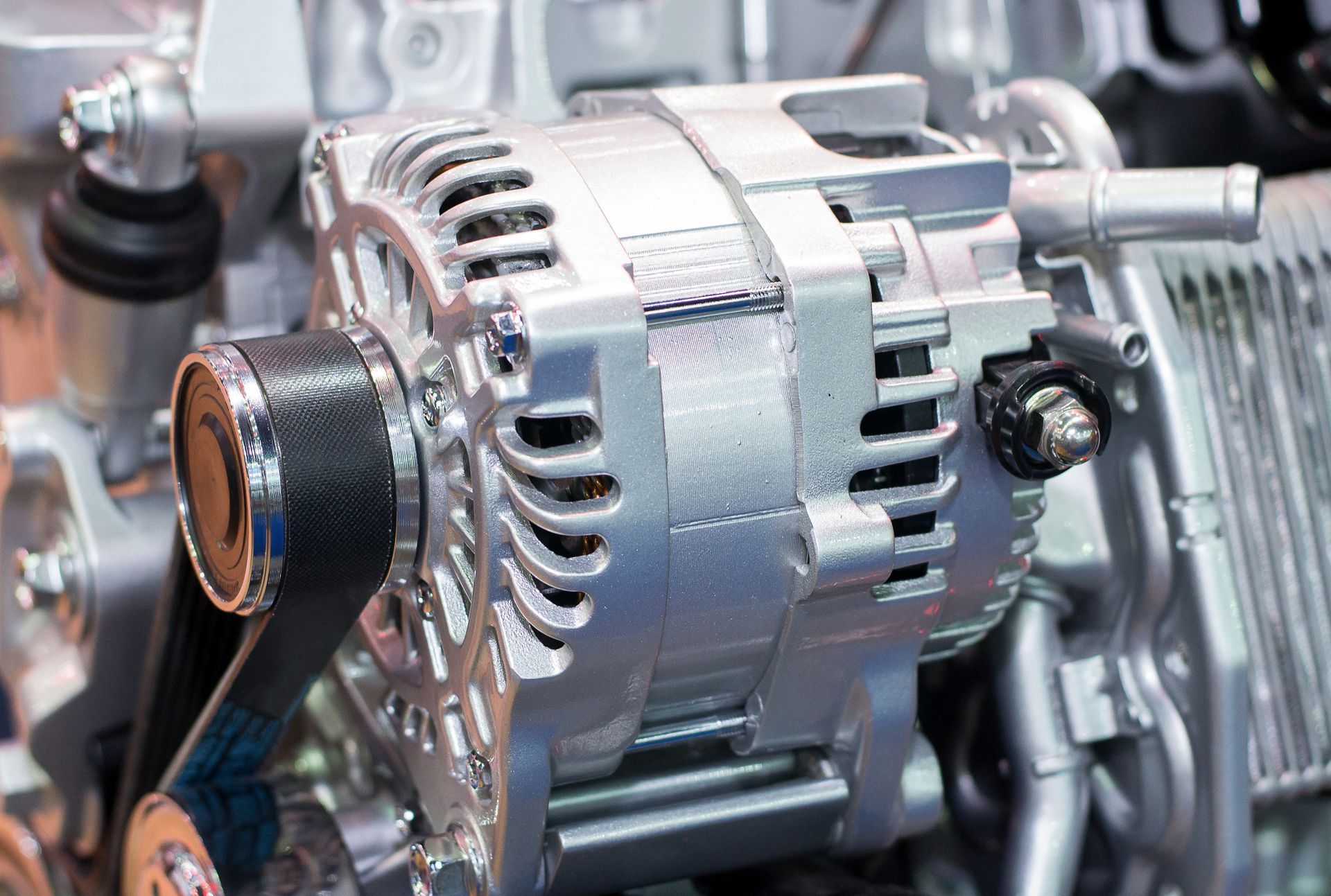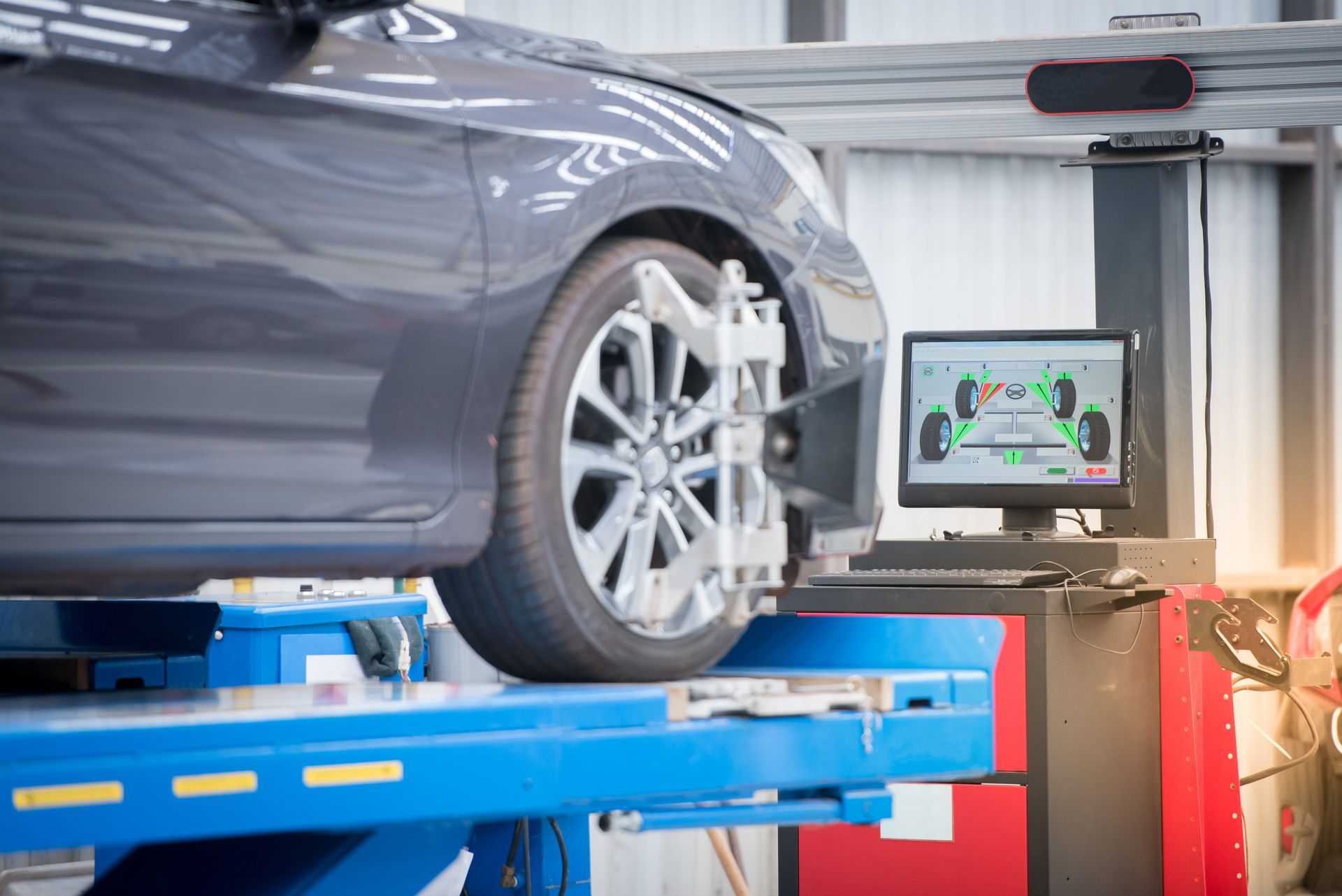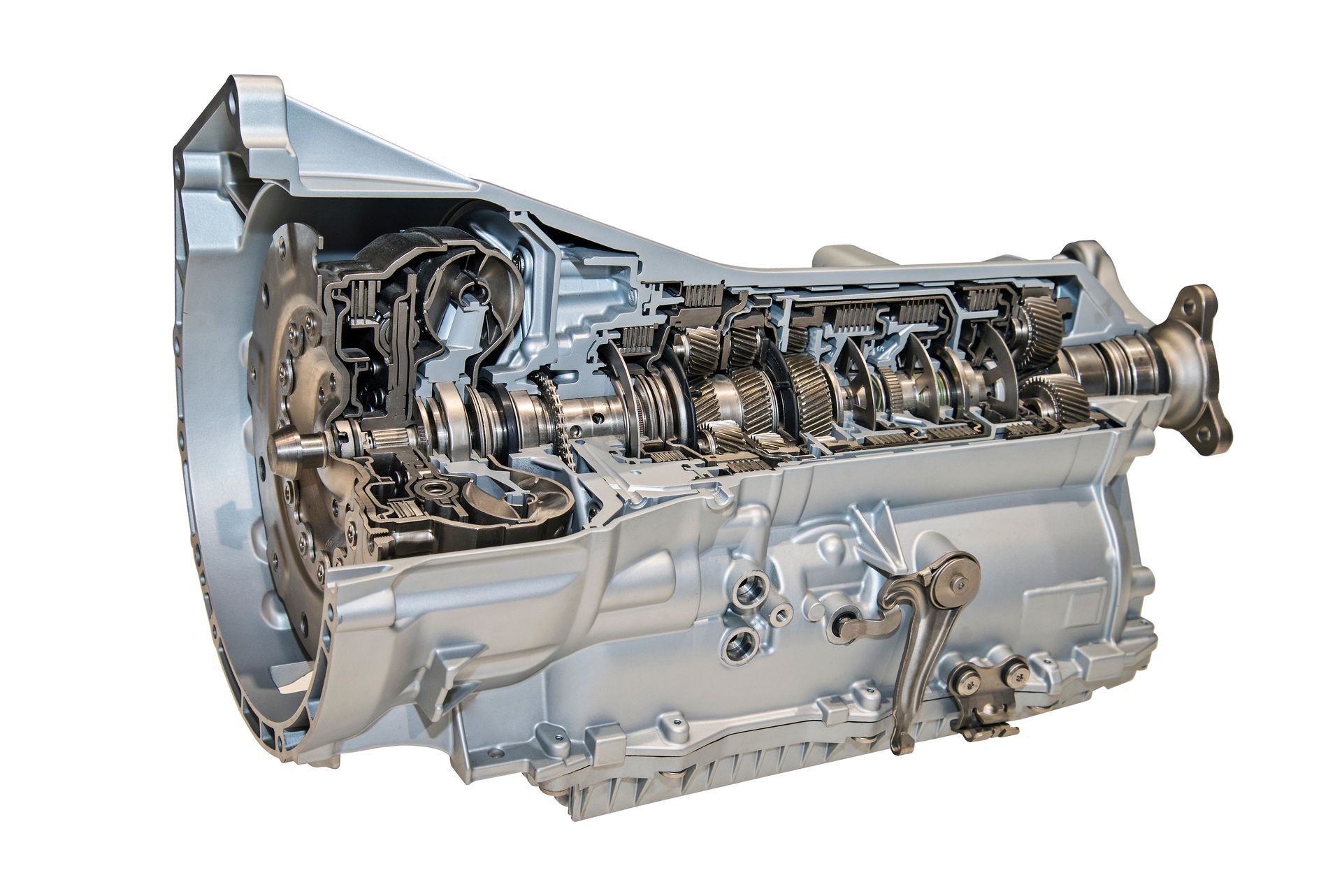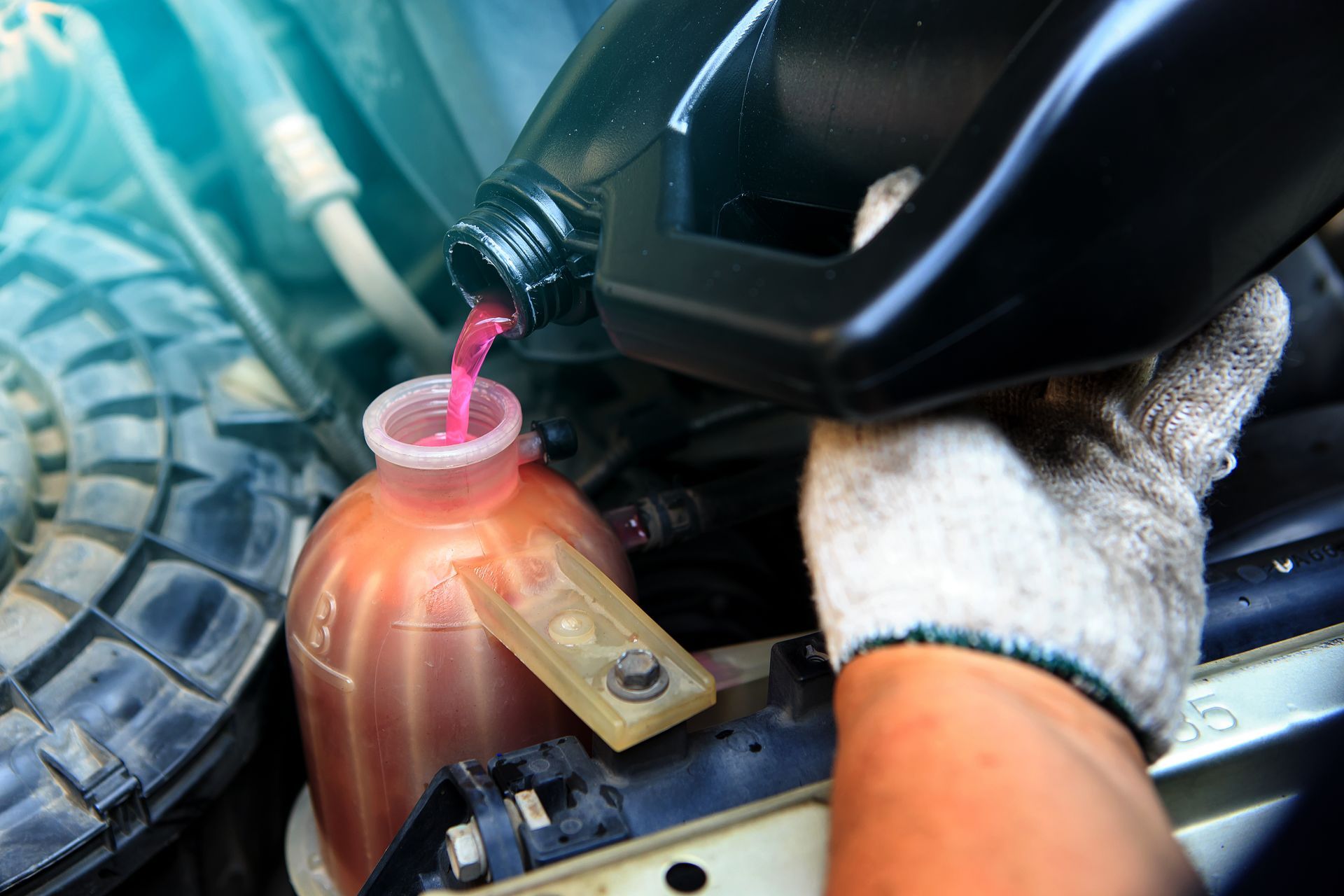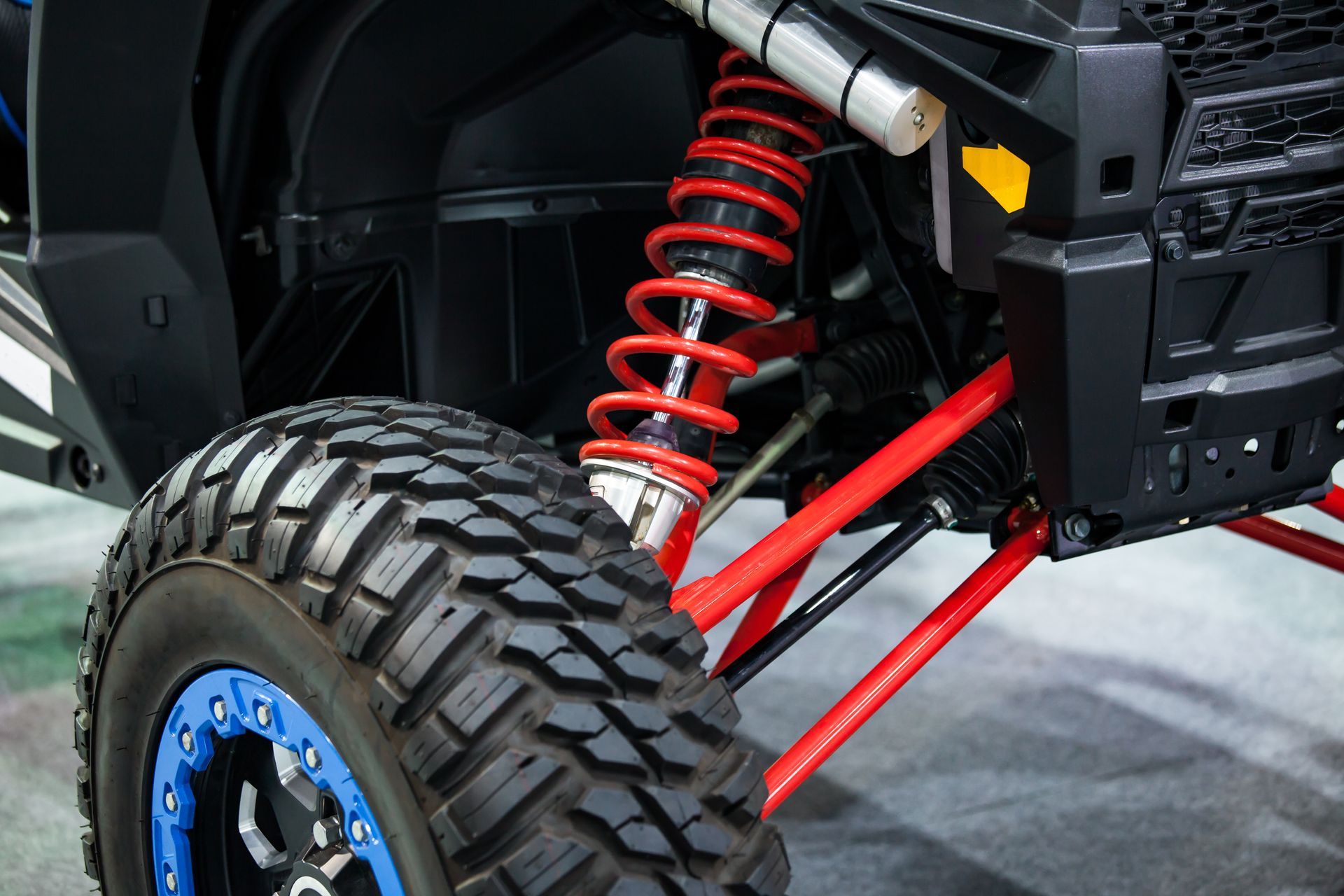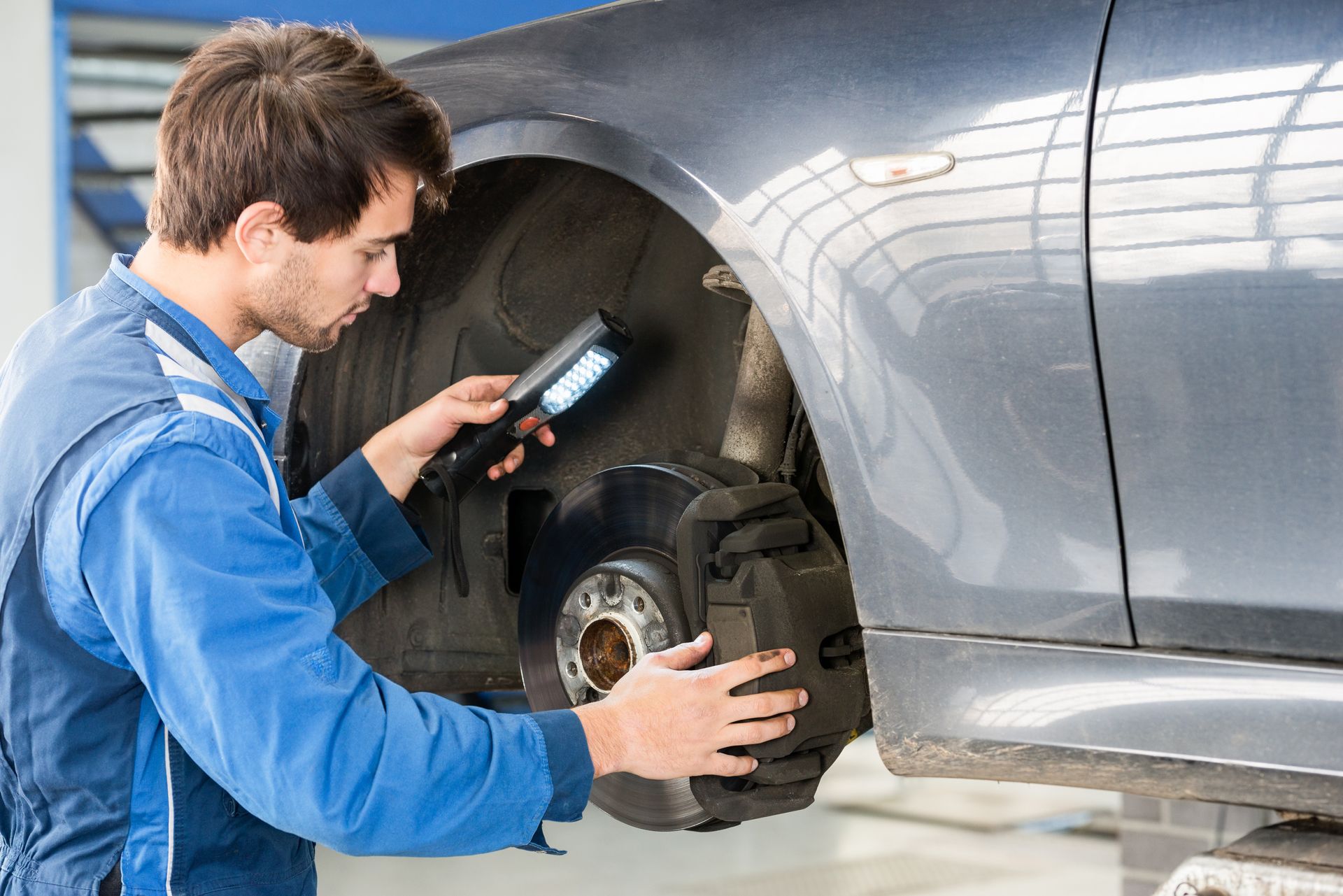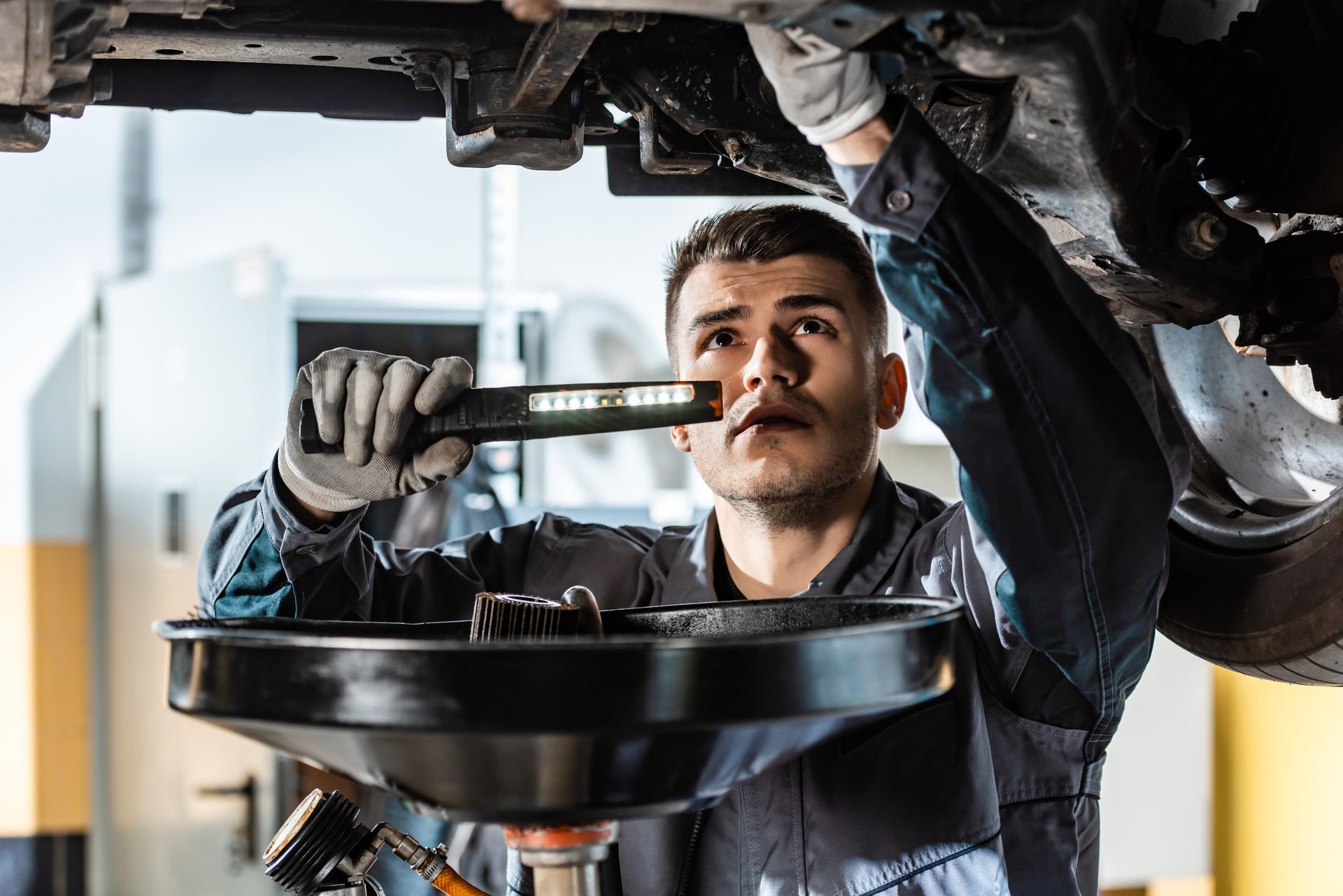Loading ...
Missing business hours data / Error occurred while getting the data.
Loading ...
Missing business hours data / Error occurred while getting the data.
Loading ...
Missing business hours data / Error occurred while getting the data.
Loading ...
Missing business hours data / Error occurred while getting the data.
What Are the Typical Reasons for Engine Misfires?
August 30, 2024
When you hear that unsettling sputter from your engine or feel an unusual shake, you might be experiencing an engine misfire. It's one of those car problems that can quickly turn from a minor inconvenience into a major headache if left unchecked. Understanding the common causes of engine misfires can help you diagnose the issue early and avoid costly repairs. So, let's look into the typical reasons your engine might be misfiring and what you can do about it.
Faulty Spark Plugs
One of the most common culprits behind engine misfires is faulty spark plugs. These small but mighty components provide the spark that ignites the air-fuel mixture in the engine cylinders. Over time, spark plugs can become dirty, worn out, or damaged, leading to weak or no spark at all.
Regularly inspecting and replacing your spark plugs can prevent misfires. It's generally recommended to replace them every 30,000 to 100,000 miles, depending on your vehicle and the type of spark plugs used.
Ignition System Issues
Beyond spark plugs, other parts of the ignition system, such as ignition coils and wiring, can also be responsible for misfires. Ignition coils convert the battery's voltage to the high voltage needed to create a spark. If a coil is faulty, it can cause intermittent or constant misfires.
Worn-out wiring or connectors in the ignition system can disrupt the electrical flow, leading to misfires. Regular maintenance and timely replacement of ignition components can help keep your engine running smoothly.
Fuel System Problems
Your car's fuel system plays a crucial role in delivering the right amount of fuel to the engine. If there's a problem with the fuel injectors, fuel pump, or fuel filter, your engine might not receive the proper fuel mixture, resulting in a misfire.
Clogged fuel injectors, for example, can restrict fuel flow, while a failing fuel pump might not provide enough pressure. Regularly servicing your fuel system and using quality fuel can help prevent these issues.
Air Intake Issues
Just like your engine needs the right amount of fuel, it also requires the right amount of air for combustion. Problems in the air intake system, such as a dirty air filter or a malfunctioning mass airflow sensor, can disrupt the air-fuel mixture, leading to misfires.
Ensuring that your air filter is clean and replacing it when necessary can help maintain proper airflow. Additionally, keeping sensors in check and free from obstructions is vital.
Vacuum Leaks
Vacuum leaks can be another sneaky cause of engine misfires. These leaks occur when there are unintended openings in the vacuum system, which can disrupt the air-fuel mixture and cause a lean condition (too much air, not enough fuel).
Common sources of vacuum leaks include cracked hoses, faulty gaskets, or a loose intake manifold. Identifying and sealing these leaks promptly can restore your engine's performance.
Exhaust Gas Recirculation (EGR) System Failure
The EGR system helps reduce emissions by recirculating a portion of the exhaust gases back into the engine. However, if the EGR valve is stuck open or clogged, it can cause an imbalance in the air-fuel mixture, leading to misfires.
Regularly cleaning or replacing the EGR valve and related components can prevent these issues and keep your engine running efficiently.
Sensor Malfunctions
Modern engines rely on a network of sensors to monitor and adjust various parameters. Malfunctions in sensors such as the oxygen sensor, crankshaft position sensor, or camshaft position sensor can send incorrect signals to the engine control unit (ECU), leading to misfires.
Regular diagnostics can help detect sensor issues early and replacing faulty sensors can restore your engine's performance.
Mechanical Problems
Lastly, mechanical issues within the engine itself can cause misfires. Worn piston rings, damaged valves, or a blown head gasket can all disrupt the combustion process.
These problems are typically more severe and require a thorough inspection and repair by a professional technician. Regular maintenance and addressing small issues, before they escalate, can help avoid major engine problems.
Keeping Your Engine Healthy
Understanding the common causes of engine misfires is the first step in preventing them. Regular maintenance, timely replacements of worn components, and addressing issues promptly can keep your engine running smoothly and efficiently. If you're experiencing frequent misfires, it's best to consult with a professional technician to diagnose and resolve the underlying issue.
Don't let engine troubles disrupt your daily routine. Contact
Maryland Auto & Truck Repair today and schedule your maintenance appointment. We offer reliable services to ensure your car's performance and longevity.
Having Trouble Finding Us?
Business Hours:
Loading ...
Missing business hours data / Error occurred while getting the data.
Reach Us:
Contact Us:
Maryland Auto & Truck Repair, 512 Crain Hwy #B Glen Burnie, MD 21061 (410) 760-8123

